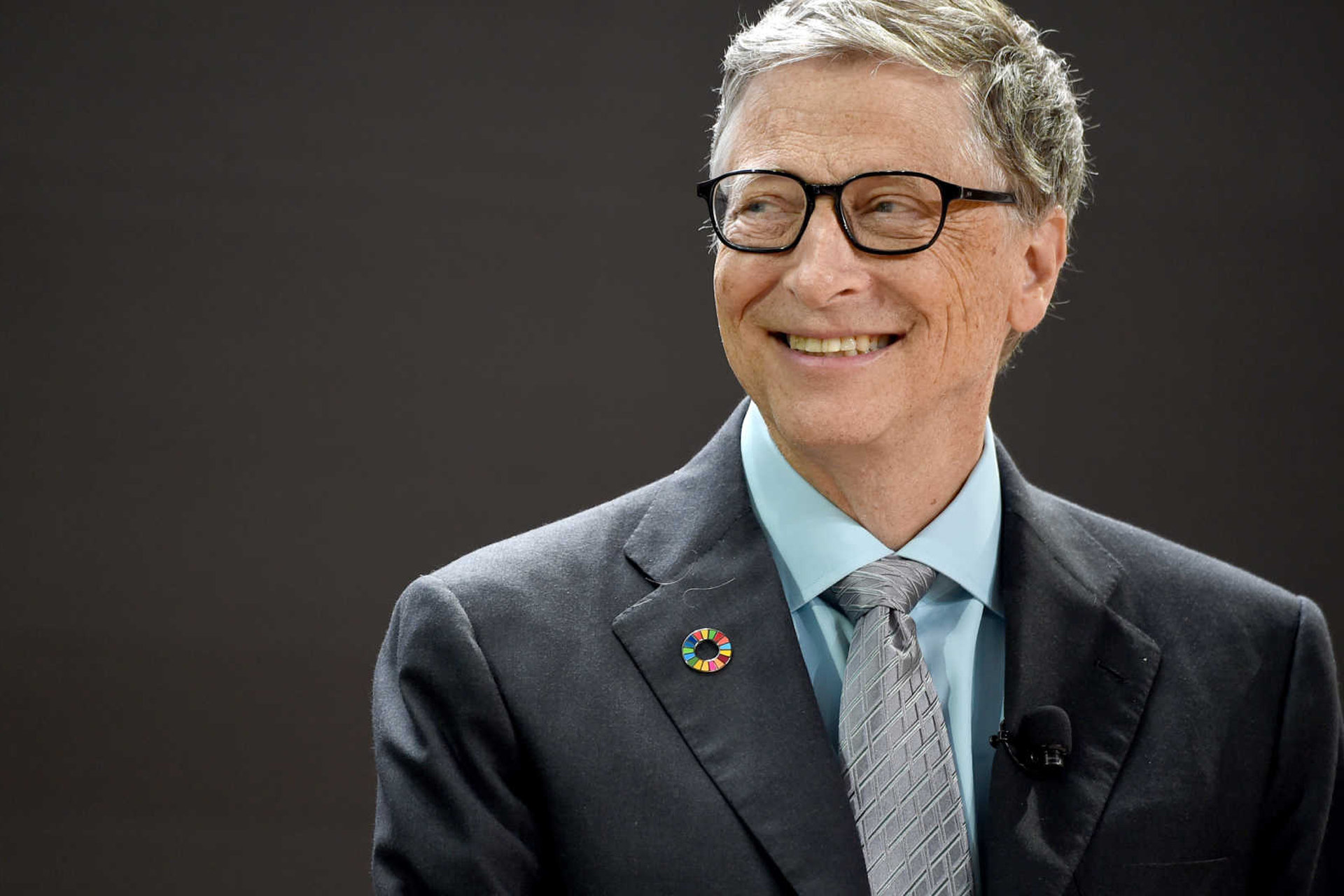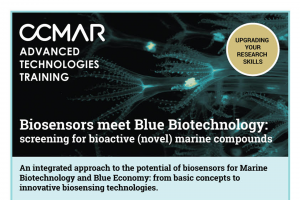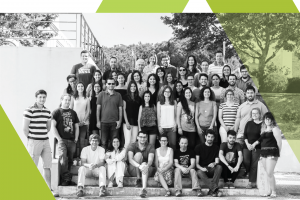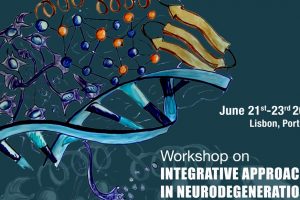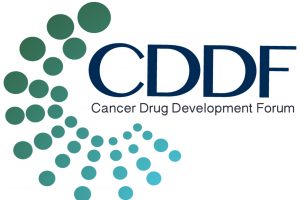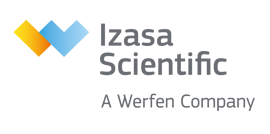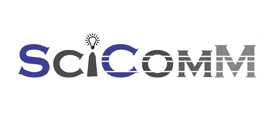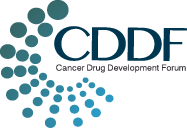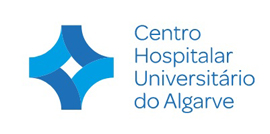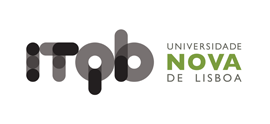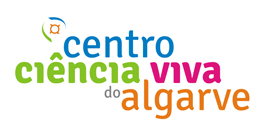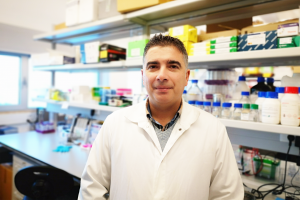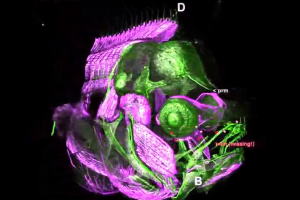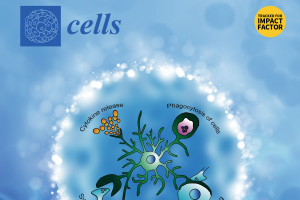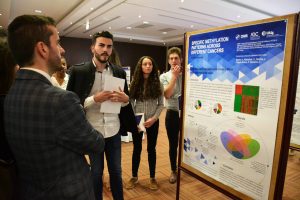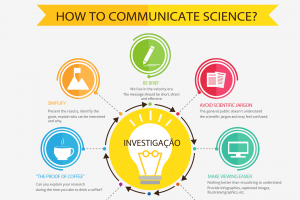The ability to rewrite the genetic code for life is a powerful one. In the past few years, scientists have revolutionized our ability to do so with the discovery and refinement of a molecular tool called CRISPR that allows us to edit sections of DNA.
This tool can snip specific parts of genetic code out and replace them with new segments, eliminating diseases or giving creatures whole new traits.
While it was possible to edit DNA before CRISPR’s discovery, this tool allows us to do so far more accurately and cheaply than ever before.
In a recent essay published in Foreign Affairs, Bill Gates described some of the ways genetic editing technologies have the potential to transform the world. Since the 1990s, he wrote, the world has made significant progress toward ending child mortality, fighting disease and hunger, and raising people out of poverty.
But there’s still a long way to go.
“[I]f the world is to continue the remarkable progress of the past few decades, it is vital that scientists, subject to safety and ethics guidelines, be encouraged to continue taking advantage of such promising tools as CRISPR,” Gates wrote.
Gates has long been supportive of using genetic editing tools. He was one of the early investors in Editas Medicine, one of the first companies to start trying to use CRISPR to eliminate human diseases. Gates Foundation researchers have worked for nearly a decade on ways to use genetic editing to improve crops and to wipe out malaria-carrying mosquitoes.
In this latest essay, Gates lays out exactly where he thinks gene editing could have the biggest impact right now.
Source: Bussiness Insider
“[I]f the world is to continue the remarkable progress of the past few decades, it is vital that scientists, subject to safety and ethics guidelines, be encouraged to continue taking advantage of such promising tools as CRISPR.”


